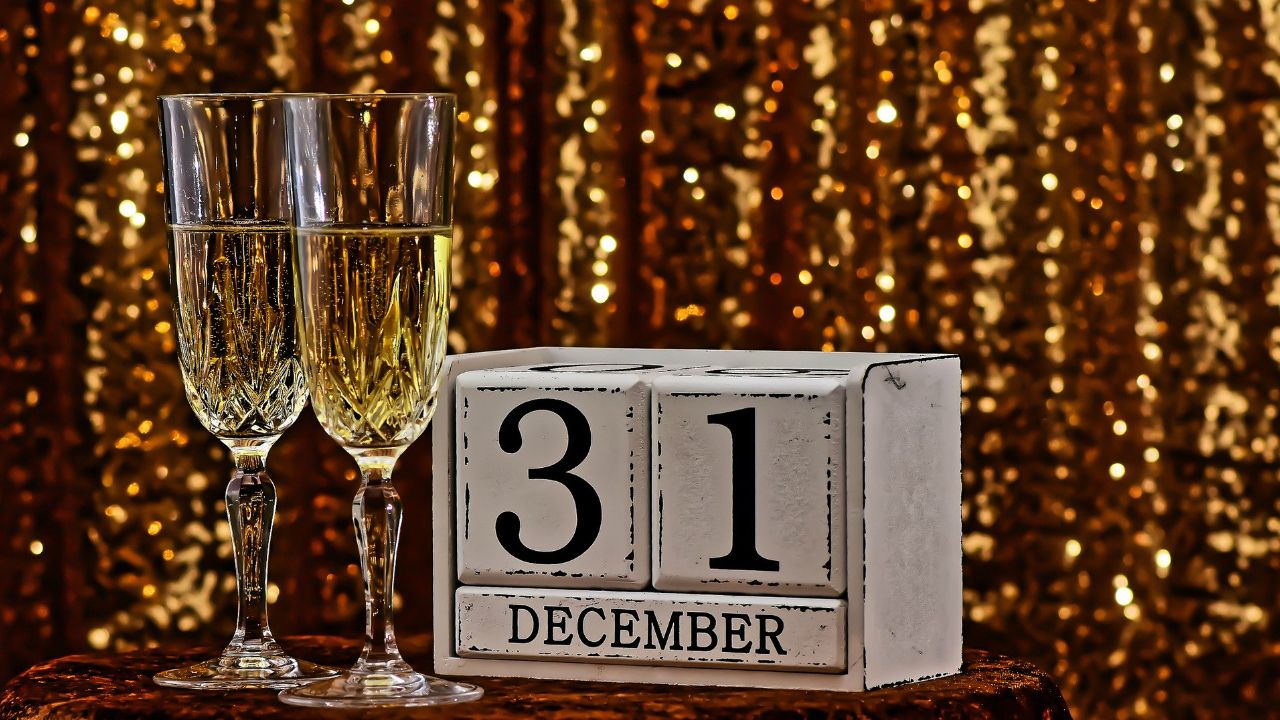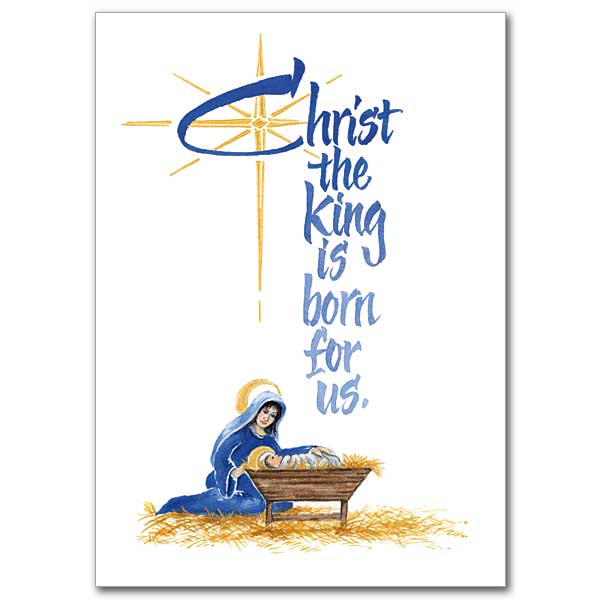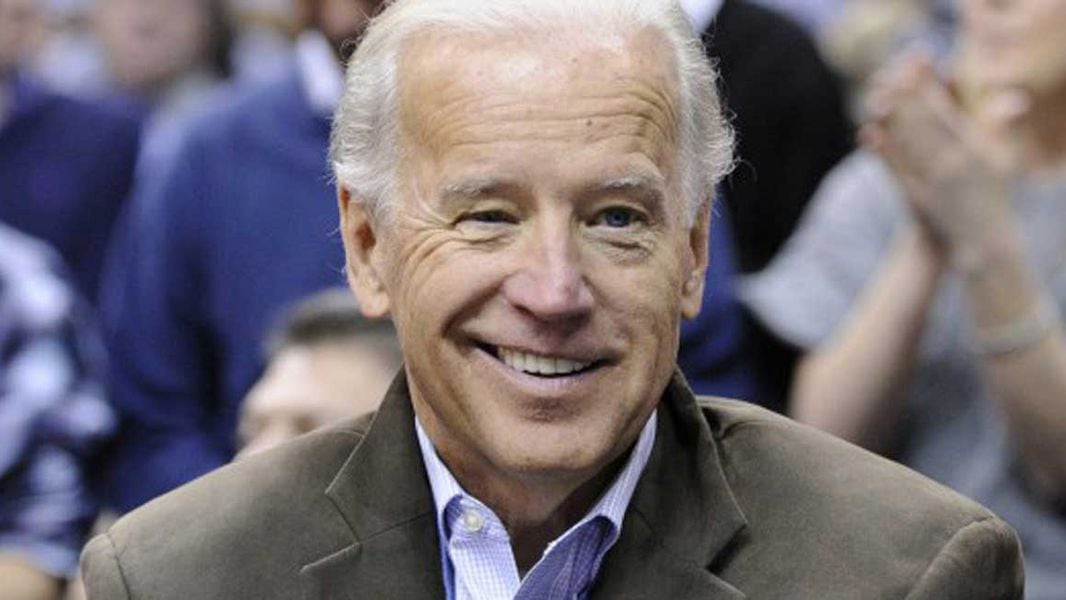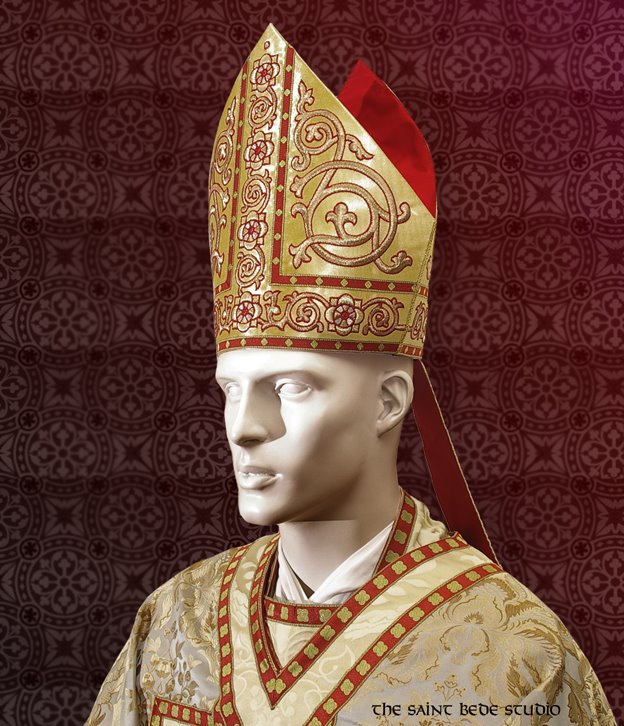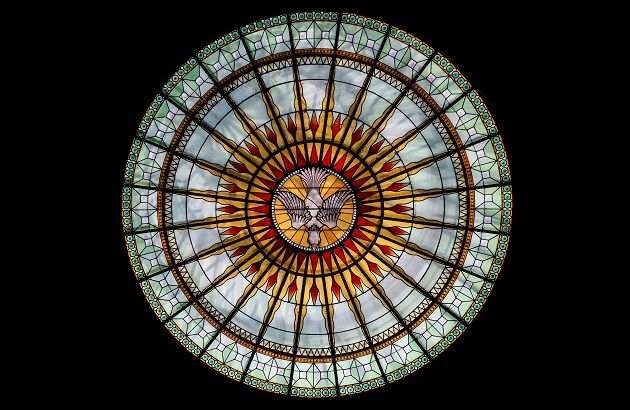Sermon preached on Christmas Day, the Nativity of Our Lord, December 25, 2020.
Who was Jesus, really? I mean, did He love pizza and beer with His friends and did He laugh at bad jokes and shed tears at sadness? What were the sins hardest for Him to avoid and the hardest good for Him to do? Months ago a CNN commentator told us that Jesus made mistakes – which mistakes did He make? We are filled with questions about the man Jesus. It is, after all, the man Jesus we are most interested in. We are just ordinary people and we want to know whether Jesus was like us. What did He look like or sound like or do for fun? These things pester our curiosity but they add nothing to us of substance.
Today John’s Gospel does little to feed our appetite for the trivial. He does not talk of Jesus the man among men. What he does speak of is the eternal Son of God enfleshed in the womb of the Virgin. What John does address is how the God of time enters our time to become captive to the ticking of the clock and to suffer the same limitations of a sinful world filled with death. What John does give us is the picture of glory that has dwelt among us, glory as of the one and only Father, full of grace and truth. Like Philip of old we just wanna see God and Jesus says whoever has seen Me has seen the Father.
Nobody wants to hear that, not in the least on Christmas Day. We want the poignant story of angel voices in the night and shepherds leaving their flocks and oxen braying the welcome of creation to a beautiful baby boy. But John does not give us that. We heard that last night. John speaks of the LOGOS, the Word. This LOGOS called into the emptiness and creation came into being. “All things were made through Him and without Him was not anything made that was made.” His is the life of God eternally begotten and born in time. In Him was life and that life was the Light of men. Though it is hard to recognize today in our crooked world of shallow truths and deep lies, He is “the Light who shines in the darkness and the darkness has not overcome it.”
The world slept through the long dark night of sin until the world was awakened by the voice of the messenger sent from God. He bore witness to the Light. He was not the Light but bore witness to the Light which was coming into the world. We might settle for a baby but God is determined to give us nothing less than the Word made flesh. We would be happy for a momentary distraction but God is determined to change everything. We are content for a little good will and some good gifts before it all gets packed away for another year complete with all our failed resolutions but God is determined to put a face to the eternal Word, shoulders strong enough to bear the sins of the world, and life powerful enough to rise from the grave. We would be fine with a little good news but God is determined to create a people of His own, who will believe in Him and be born not of flesh but of the Spirit in baptismal water. We are happy to get through one more day but God is determined to deliver eternity and heaven to us.
Jesus is not a sign from God or a wake up call or an example for us to follow or a good man. Jesus is the Word made flesh who has dwelt among us so that we might behold the Father’s saving glory and be won over from sin’s lies to redemption’s truth. We do not need more rules to fix what is broken or rescue what is in disrepair. We have the Law of Moses and as good as that Law is, it has redeemed no one. The Law is good and wise and sets before us the way things ought to be. But that is all it does. It does not breath life into the dying heart or courage into the faltering will or hope into the despairing mind. For that we need something more.
“For the Law was given through Moses but grace and truth have come through Jesus Christ.” God has not come to judge His people but to save them, not to condemn a people who deserve to be condemned but to redeem them with His own blood. He has not come to mark our sins but to forgive them. He has not come to awaken the god in us but to kill what is dead so that the life of the Son might bring forth a new man and a new woman in baptism. God has not come to band-aid a wounded world or build a heaven on earth but to bring us through death’s door into the life that is eternal and from earth’s limitations into heaven’s eternity.
“No one has ever seen God. Only the God who was at the Father’s side and who was made flesh of the Virgin by the power of the Spirit has made Him known.” And that is why we are here. He was in the world and the world did not know Him even though the world was made through Him but to those who receive Him, who by the voice of the Spirit call upon His name, the lost are found, those who were once no people become God’s people, and the birthright we once forsook in Eden is restored to us in Gethsemane and on Calvary. We have seen God in Christ.
The awe and mystery of this day is more than a manger can hold and more than the flesh and blood of a baby. It is nothing less than the Word made flesh, the Son of God become the Son of Man, the God who judges who has become Savior. The Word was always God but now and forevermore He is also Man. And in a few moments the God man will come to us in bread that is His body and wine that is His blood, so that heaven’s glory may be seen by earthly eyes and the Savior of the world might become our Savior. So great is the glory He delivers to us that we should be called the children of God and that is exactly who we are.
My friends, Christmas is not in the details. It is in the Word made flesh for us and our salvation. These are the words of the Word. This is the glory of God. This is the only Gospel. The Light still shines. The darkness has not overcome it. The world will pass away but the Word of God endures forever; we who believe shall live forever. Amen.

